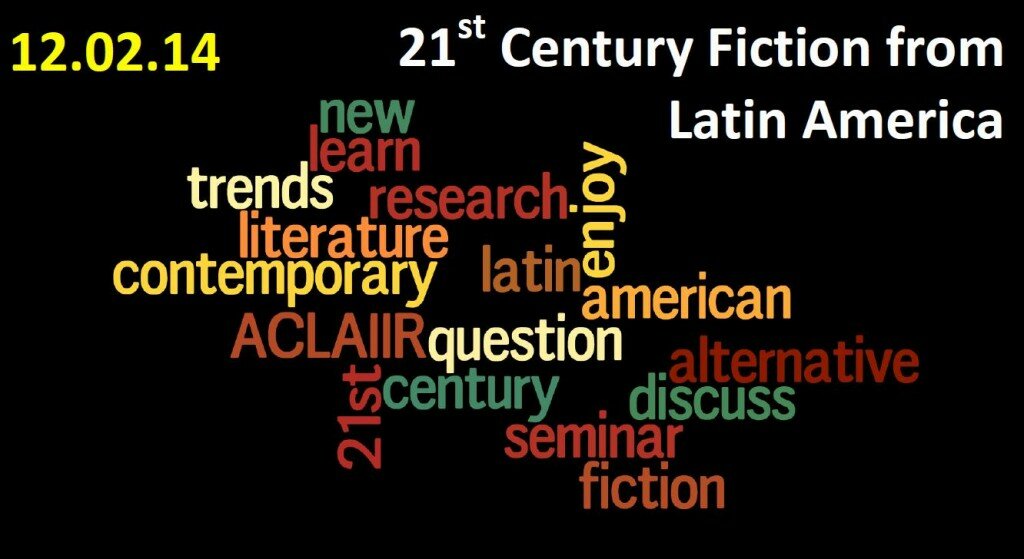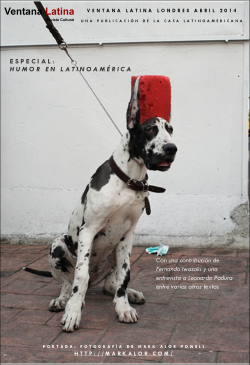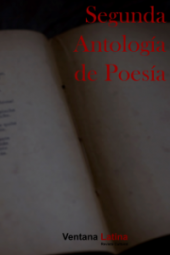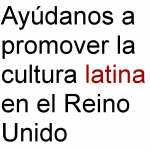ACLAIIR´s annual seminar on 21st century fiction from Latin America
By Vincent Nadeau
On the 12th of February, the Advisory Council on Latin American and Iberian Information Resources (ACLAIIR) organised, in collaboration with the Institute of Latin American Studies, the Institute of Modern Languages Research, and the Instituto Cervantes in London, its annual seminar on 21st century fiction from Latin America.
This one-day seminar is designed to allow Latin American enthusiasts to discuss the current trends in Latin American fiction. This year’s event consisted of various presentations articulated around four guiding themes and topics: The current trends in Latin American Fiction, The current trends in Research in 21st century Latin American Fiction, Collecting fiction from Latin America in UK libraries, and Fiction from Latin America: the UK market. Needless to say that the quality of the presentations as well as the diverse array of knowledge displayed by the speakers, contributed in making this seminar a particularly fascinating and enriching experience. Although the trends discussed over the course of the day were not directly linked to my area of research, I felt the unquenchable need to take notes throughout every single presentation.
However, as someone who has been struck by the infectious enthusiasm of the Cuban people, María E. López’s[1] presentation, entitled Homosexuality as a destabilizing weapon in contemporary Cuban novels naturally caught my attention. López’s sociologically based reading emphasised how the Cuban society is always torn between private and public spheres. Moreover it stressed how sex has challenged the ethos of the Revolution.
On a different topic, Claire Taylor’s[2] talk on digital media and new literary genres in Latin America completely opened my mind to new hybrid forms of literary experimentation. One which particularly struck me is the concept of twitter poetry; where one has to give rise to a poetic act within the 140 characters limit of a tweet. It is now rather conceivable to consider Twitter as a platform for the flowering of literature.
Nevertheless, my favourite moment of this intellectually-charged day must have been when Spanish writer, Juan Jesús Armas Marcelo, reminded us so simply, after his introduction on the monumental, stylistic invasion of the writers of the Boom, that ‘lo divertido de la literatura es la lectura’.
[1] Lecturer at London Metropolitan University.
[2] Professor at the University of Liverpool.








 Copyright © 2024 Company no. 6720498 10 Kingsgate Place, London NW6 4TA, United Kingdom Tel: 020 7372 8653
Copyright © 2024 Company no. 6720498 10 Kingsgate Place, London NW6 4TA, United Kingdom Tel: 020 7372 8653